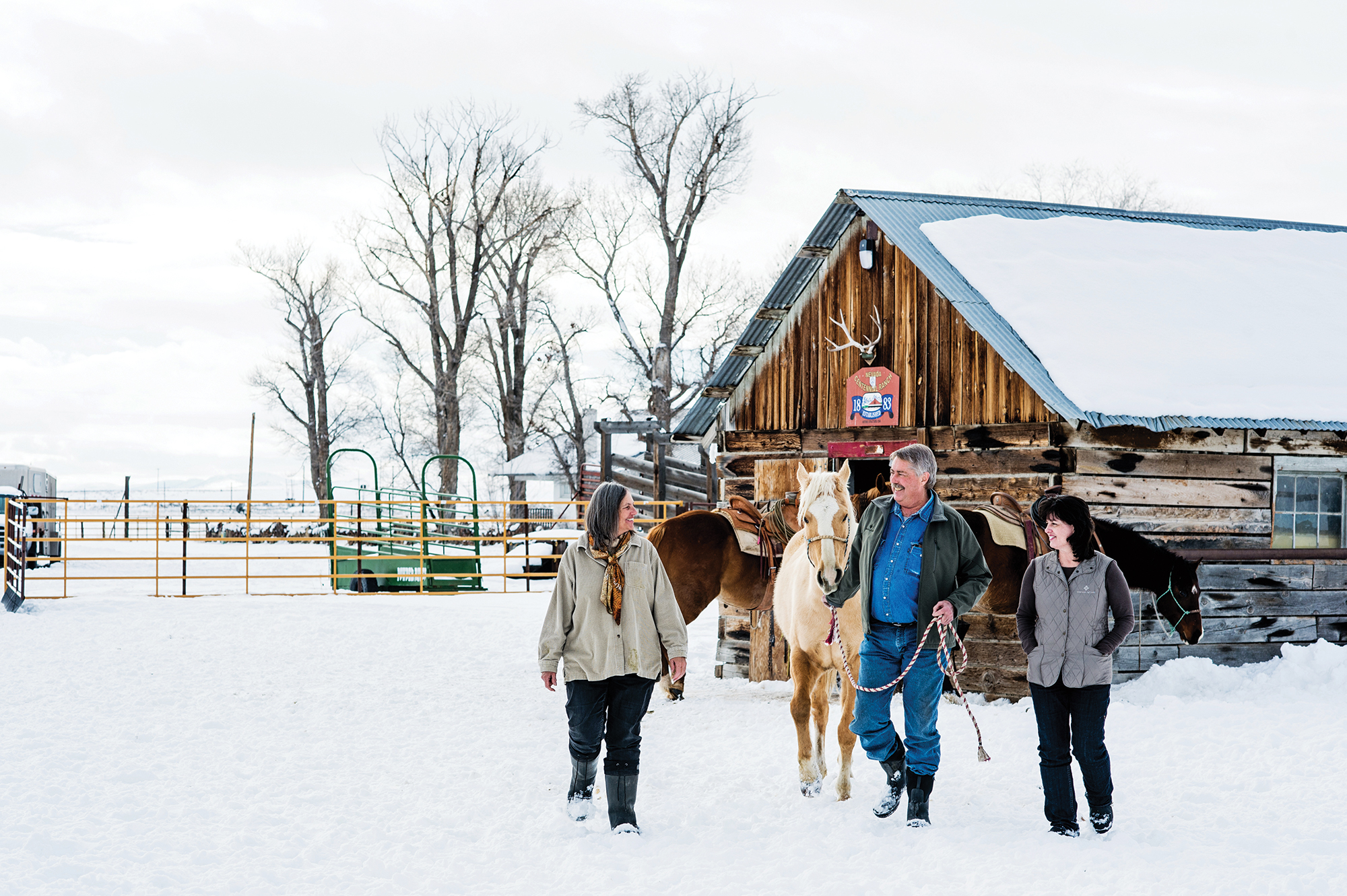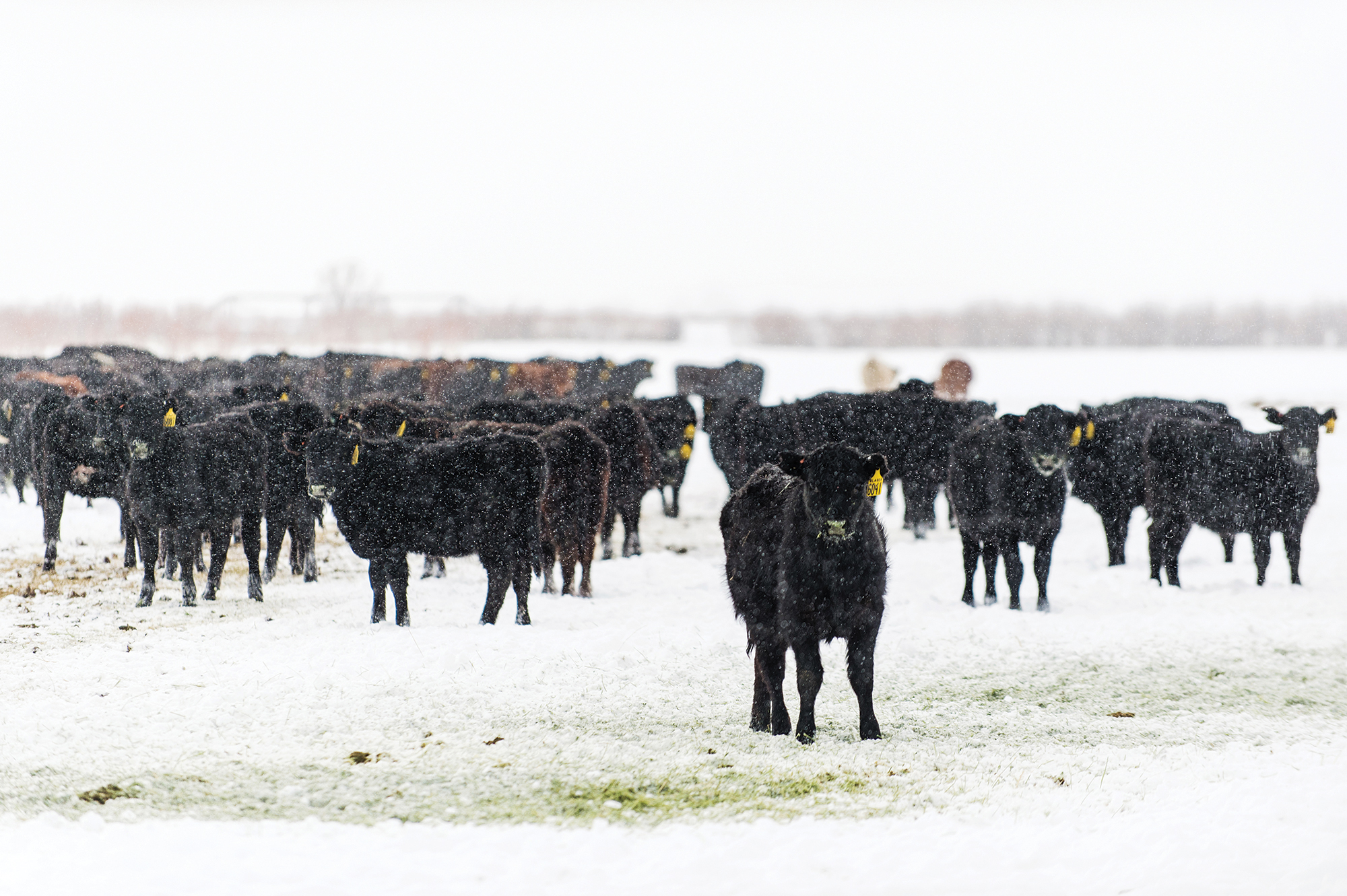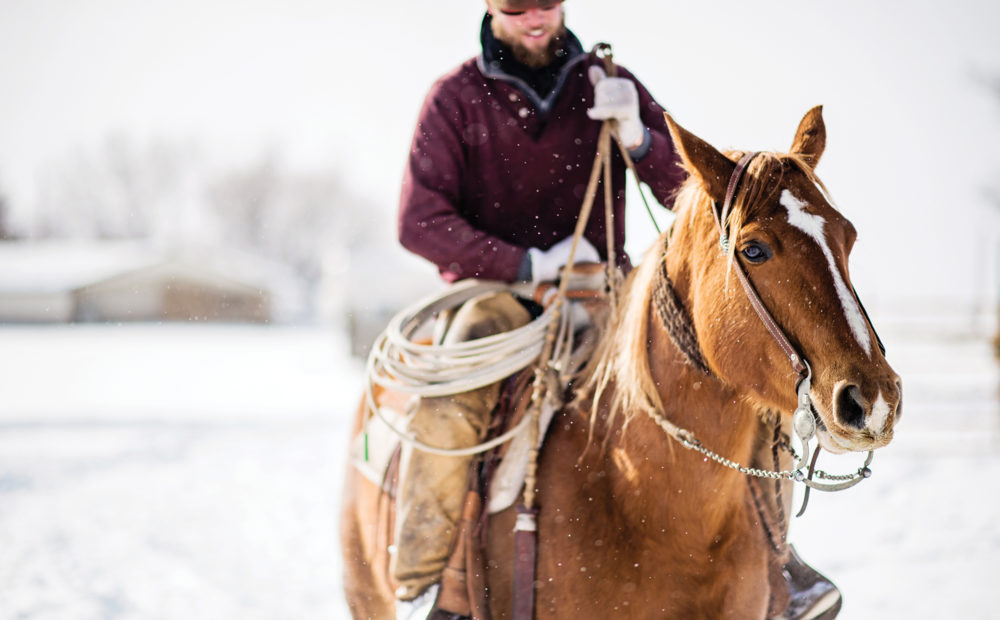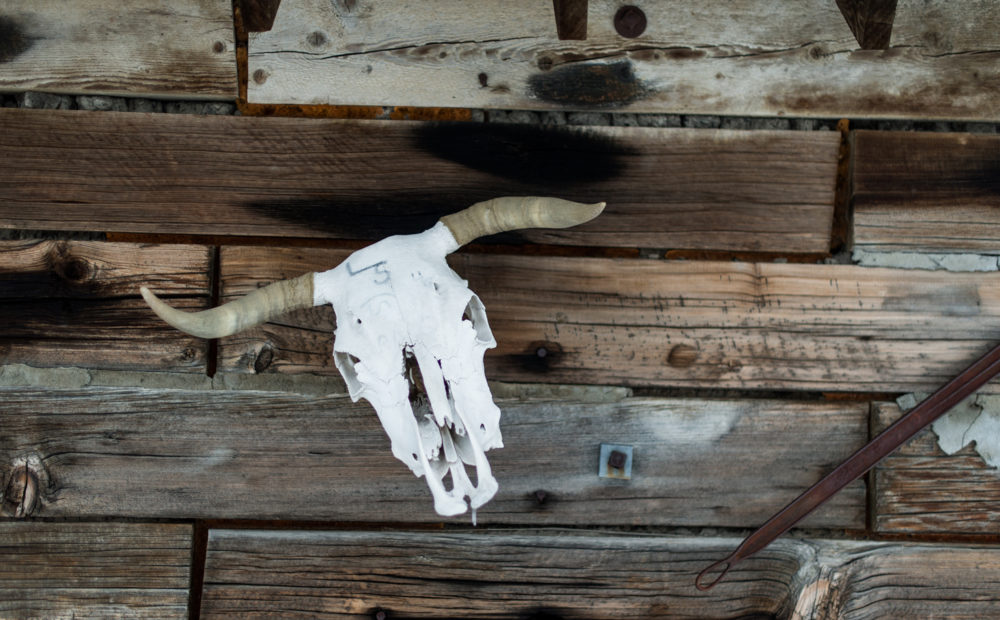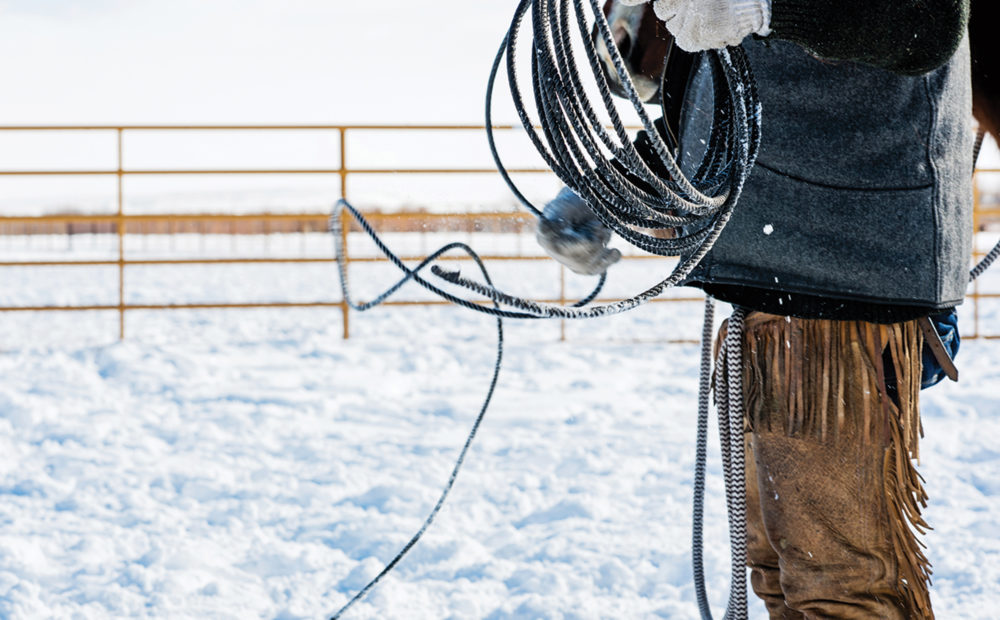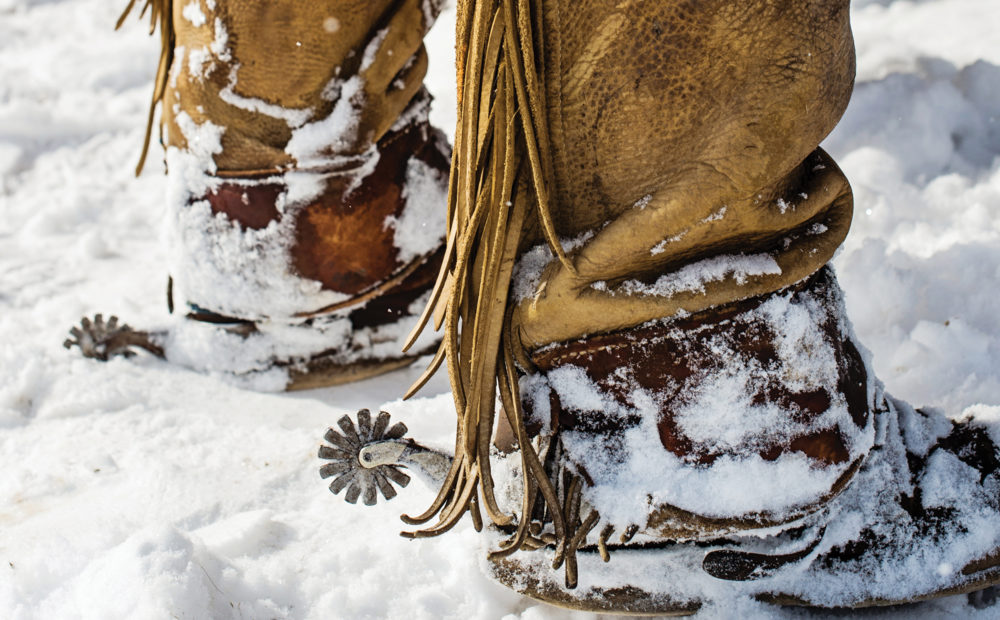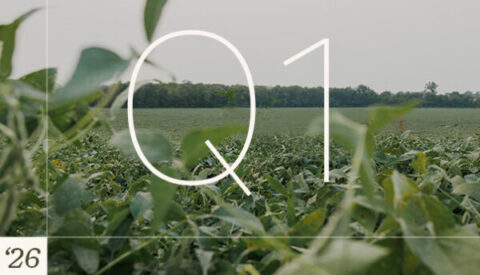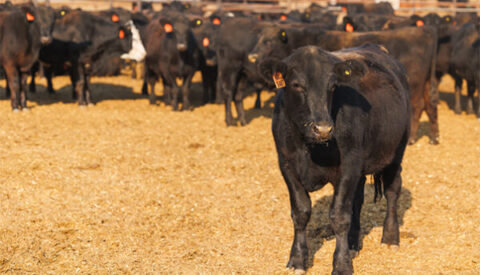Along Interstate 80 and the railroad line that crosses northern Nevada, land is owned by a checkerboard of federal and private interests. Federal land is open to limited use, but private, deeded land is not. Here, Glaser Land & Livestock operates two ranches which together cover nearly 34,000 acres. The ranches are separated by 60 miles of land held in a complex ownership structure.
In the late 1980s, brothers Norman and Arthur Glaser began a process, working with Farm Credit, to complete large land exchanges and purchases involving the Bureau of Land Management (BLM), the railroad and private entities.
In 1993, Kelly Barnes joined the lending team as the Glasers’ relationship manager. With just three years of experience, Kelly continued the professional development to which all American AgCredit relationship managers are committed: developing a deep understanding of her customers and their industries. The Glasers were some of Kelly’s first and most effective teachers as they shared details about their business and helped Kelly develop her local ranching expertise.
Kelly also worked with the Glasers to execute their land purchase strategy. Once this process was complete, Glaser Land & Livestock had an efficient conduit between their two ranching properties. The Glasers were able to triple the size of their herd to 2,000 head through more consistent access to grazing land.
Along the way, Kelly has had the opportunity to share her own lessons when the next generation of Glasers became active in the ranching operation. Today, cousins Brent Glaser and Susan Church use Kelly’s financial lessons to maintain accurate budgets, annual reports and accounting records, all of which help them make more efficient management and financial decisions. When it comes to tracking developments in the beef industry and finding financial solutions for the family’s growing operation, they know Kelly Barnes and American AgCredit have them covered.
“I think it’s important to know your customer and their operation and to understand their goals. It’s also important to understand their industry and what issues they’re facing.” — Kelly Barnes

